GMO, Hybrid, Organic, and Heirloom Seeds. What’s The Difference?
Previous PostLooking at the varieties of seeds in the market might leave your head spinning - GMO, Hybrid, Organic, Heirloom, etc. What's the meaning and why does it matter?
Is it important to decode the difference or is it just marketing jargon? For instance, GMO seeds are produced by genetic engineering, altering the genetic material of an organism, whereas hybrid seeds are produced by cross-breeding of two varieties through artificial mating. But how is all this important for your gardens? In this blog post, we will shed some light and break down the difference between the four types of seeds to ease your worries when it comes to picking the right seeds for your greens.
GMO Seeds

GMO stands for Genetically Modified Organism. In other words, GMO seeds are created in labs for desirable traits by injecting seeds with genes from another plant. Some of these traits could be withstanding drier weather conditions or harmful insects. Unlike hybrid seeds that are products of cross-pollination, GMO seeds are generated in labs via gene modification.
These seeds are generally purchased by commercial farmers for producing crops on a larger scale. There have often been debates about GMO seeds being unhealthy to consume, however, no research has been definitive on health issues with GMO-grown products. These seeds grow in regular soil like any other seed type, but because they are created artificially in a lab, they are more expensive to buy.
Hybrid Seeds

As stated above, a hybrid seed is a product of a cross between two genetically different plants of the same species or type. Usually, the seeds are cross-pollinated by hand, they are produced to prepare a crop that has desirable genetics of the two plant varieties, such as disease resilient or bigger fruit size.
For instance, if we took a yellow sweet pepper and pollinated it with red hot pepper, the hybrid might result in red sweet pepper. The produce that comes from these seeds will not grow true to either of the parent plants. Hybrid seeds are specifically created to get the best traits of the two parent plants, therefore, they tend to grow quicker, hardier and produce higher yields.
Organic Seeds

Organic seeds are the ones that are produced naturally without the aid of pesticides or any other chemical substance. These seeds are known to be stronger, disease resilient, and with enhanced capabilities to thrive in adverse conditions. As the word organic suggests, these seeds are produced naturally through pest-free plants.
Organic seeds are non-GMO which means that these seeds cannot be modified genetically in any way. However, you can produce hybrids using organic seeds by cross-pollinating with other varieties to get the best attributes of each variety.
Heirloom Seeds

When things in our families are passed down from a generation to another, they're called family heirlooms. Similarly, this stands true for certain plants. Heirloom seeds are crop varieties that have existed for more than 50 years. These seeds have been passed through generations of growers, carefully crafted to acquire some special traits, whether it's a special adaptation to growing conditions, disease resilience or having a unique flavour.
Heirloom seeds are tried and tested because they have been grown for years. Growth habits, yields, and other information can be assessed to understand the final crop. Heirloom seeds are open-pollinated, which means that, unlike hybrid seeds, they will produce plants with most of the characteristics of their parent plant. They're the most desirable seeds as they can be saved through the years and produce higher yields.
Difference Between GMO, Hybrid, Organic, and Heirloom Seeds
| GMO Seeds | Hybrid Seeds | Organic Seeds | Heirloom Seeds |
|---|---|---|---|
| GMO Seeds can produce only one generation of crops with similar characteristics | Hybrid seeds are also not capable of passing similar genetic traits from generation to generation | Organic seeds always breed true to the type i.e. produce the same crop after every harvest | Like organic seeds, heirloom seeds retain the same genetic traits across each generation |
| GMO seeds are created scientifically in a lab and some GMO seeds have pesticides like Bt engineered into the genetic structure of the seed | Hybrid seeds are produced by cross pollinating two cultivars of the similar plant for achieving the desired traits | Organic seeds are naturally produced. However, the certified organic seeds involve practicing controlled and completely organic methods of farming with no use of chemicals. | Heirloom seeds are produced by open-pollination carried out by pollinators like birds, bees and wind. |
| GMO seeds can not be saved | Just like GMO seeds, hybrid seeds can not be saved after harvest | Organic seeds can be saved after a harvest | Heirloom seeds can also be saved |
| GMO seeds may not fare any better when it comes to taste and flavours | In comparison to heirloom seeds, hybrid seeds can lack in certain traits | Since truly organic seeds are very rare now, most organic gardeners prefer using heirloom seeds | Heirloom seeds are far superior in taste, flavour and nutrition than other seeds |
Gardening organically with non-GMO seeds is always a better choice. Heirloom seeds, even without an organic label, are mostly chemical-free. Seeds are the starting point of any garden - their DNA determines the size and the quality of the produce that you will be receiving. Therefore, picking the right seeds for your gardens will help you get a great yield.
Bring home rich heirloom, organic, non-GMO seeds from AllThatGrows and start your gardening journey today!


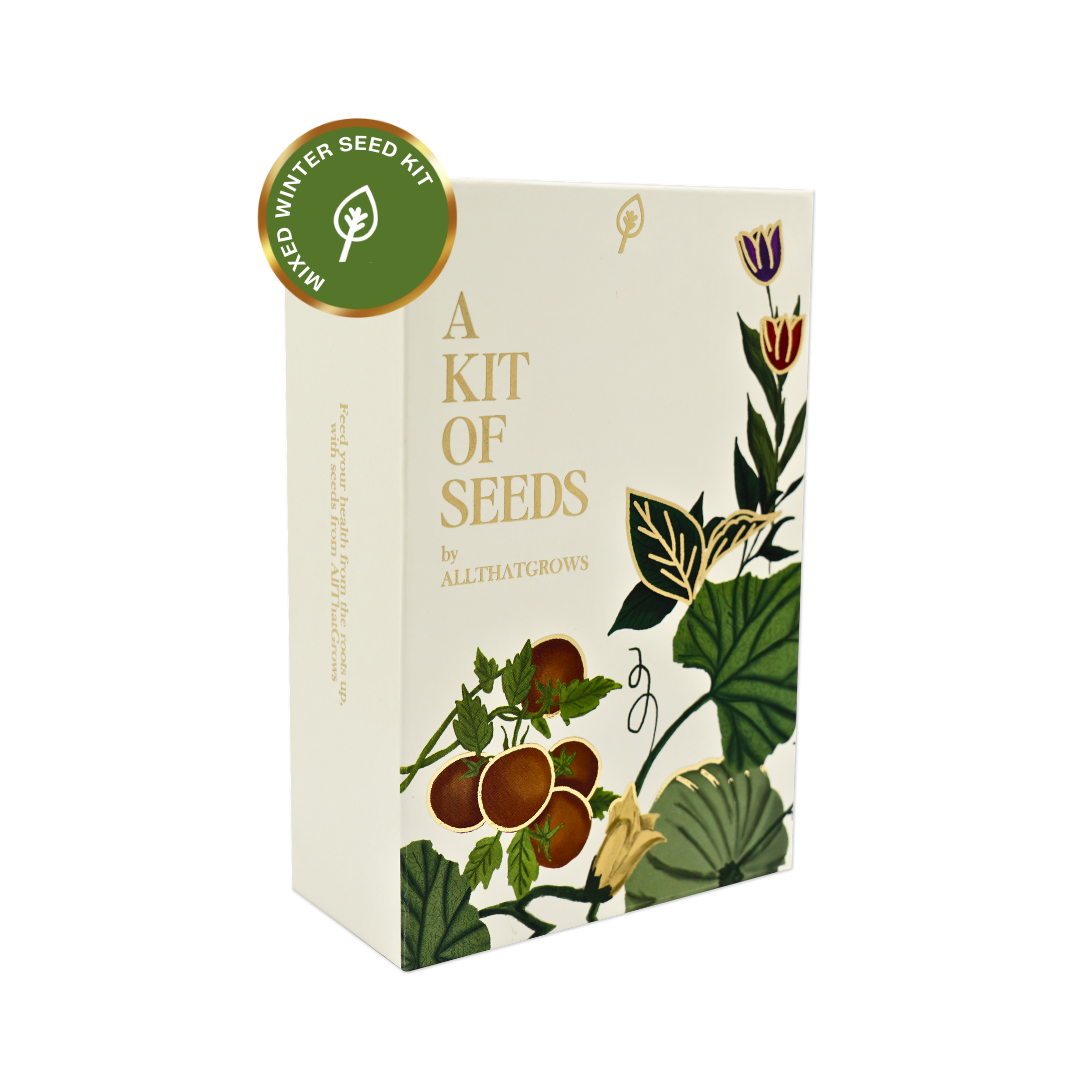

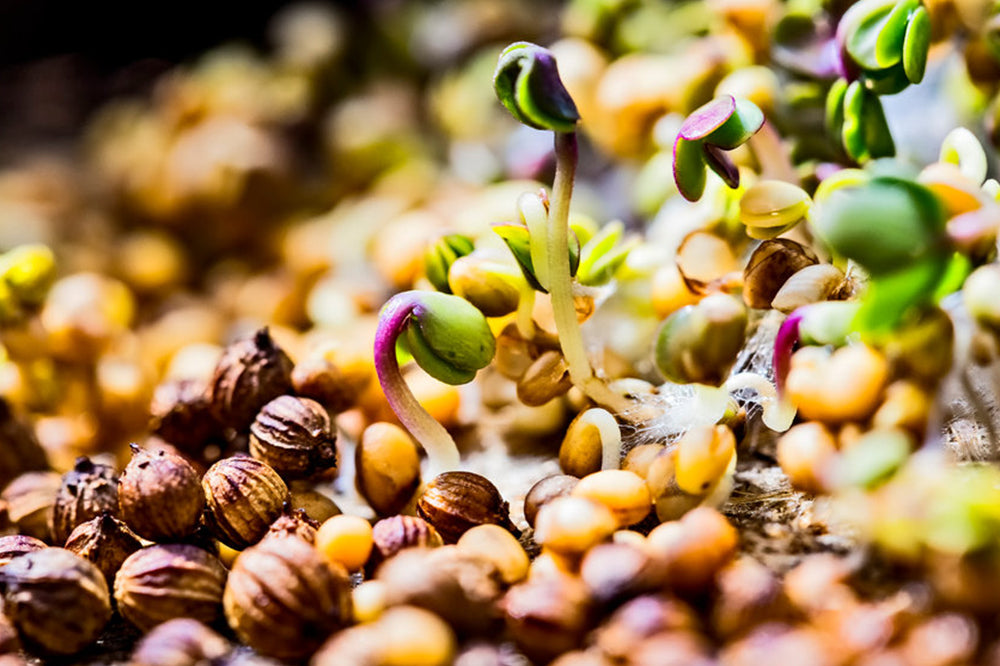
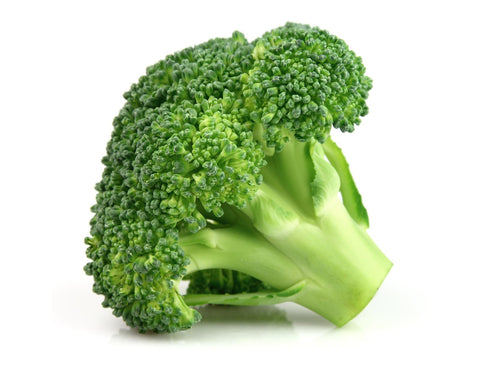
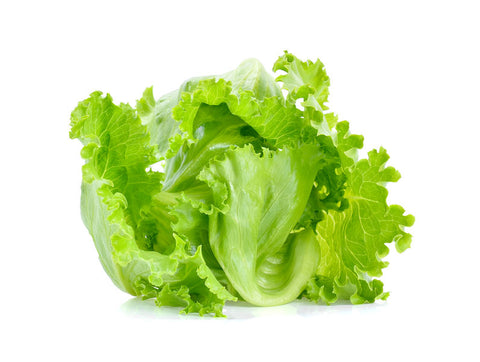
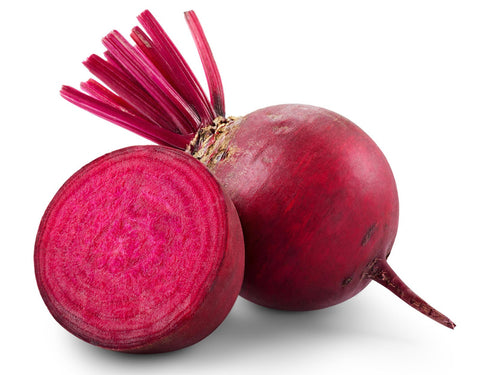
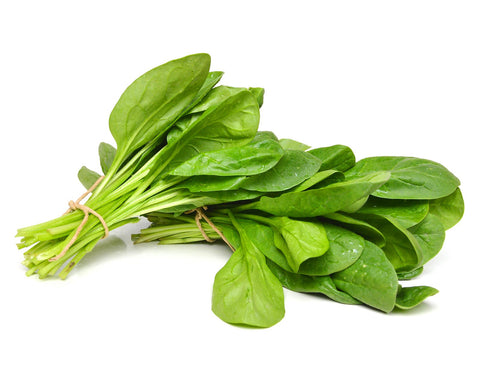
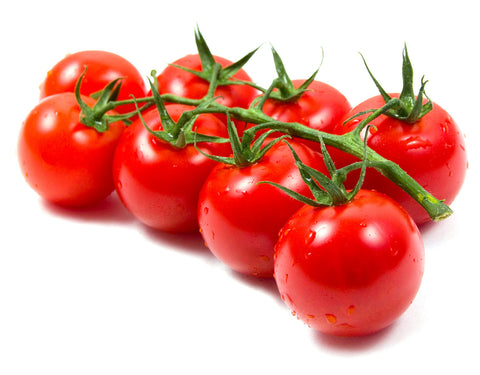
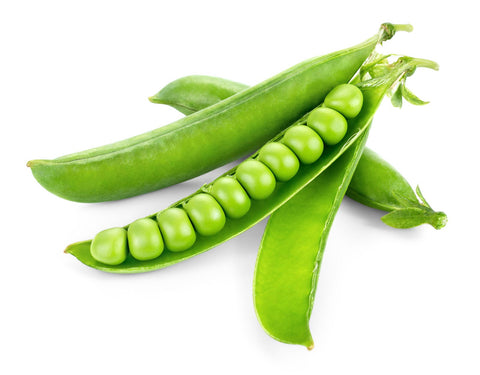
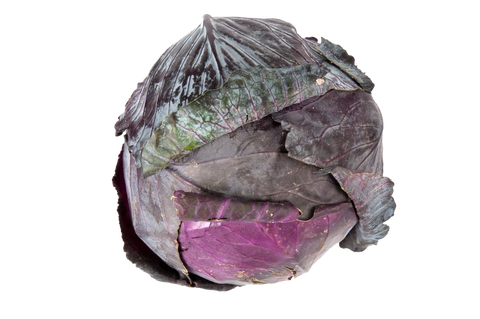
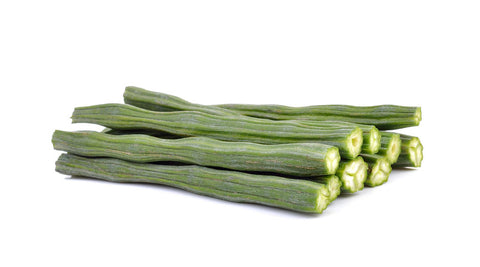
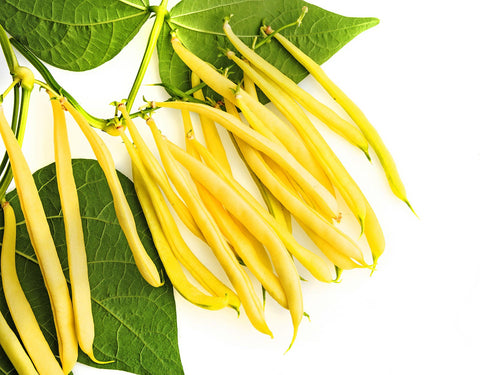
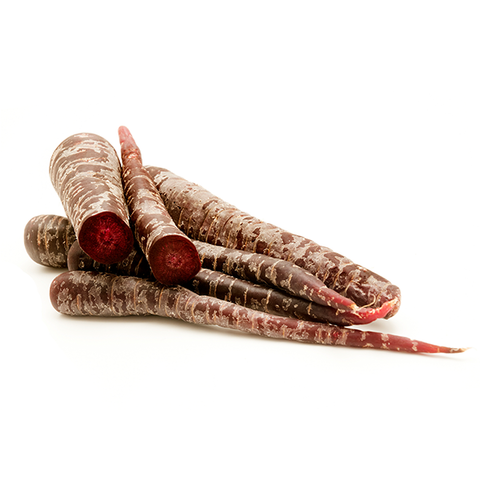
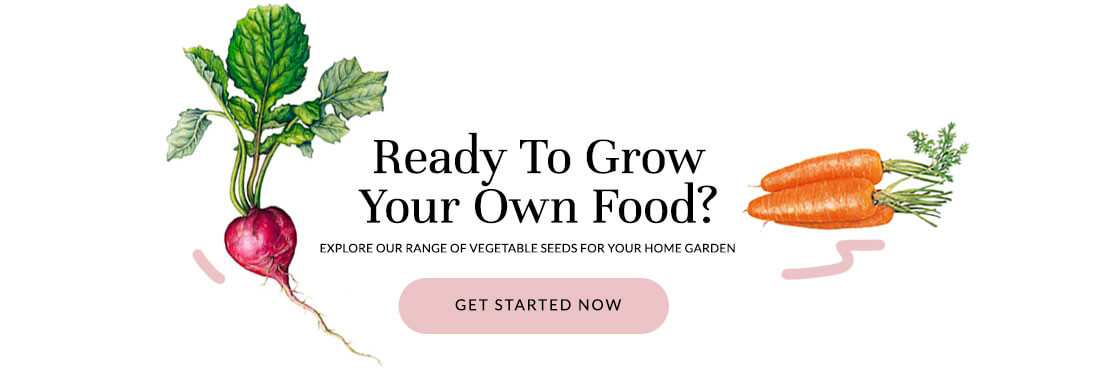

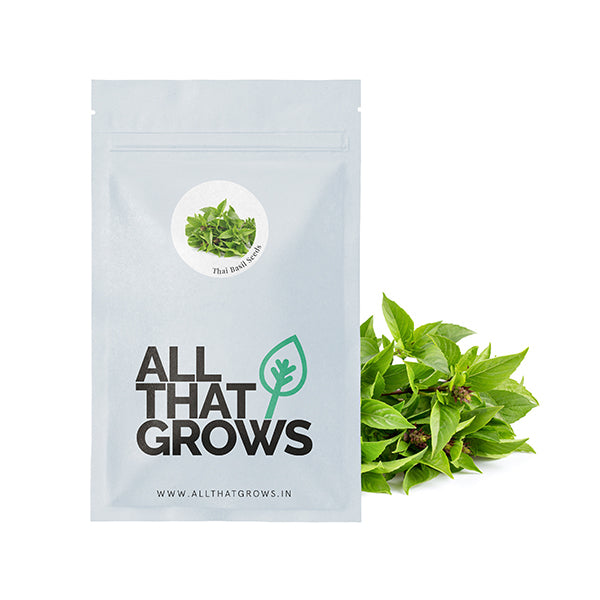
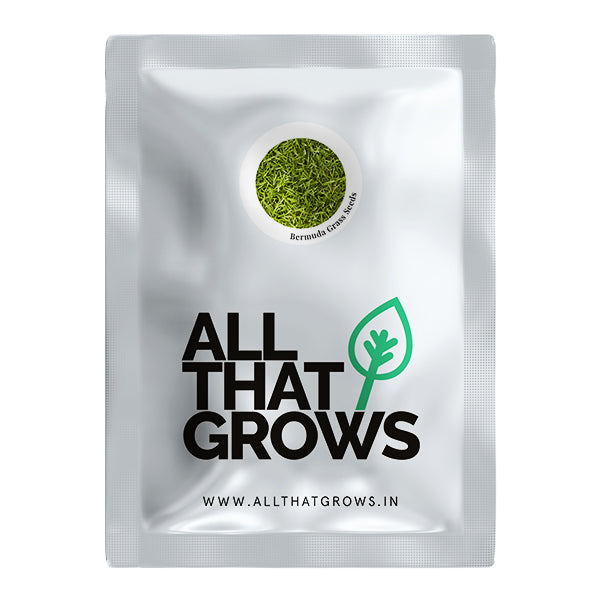
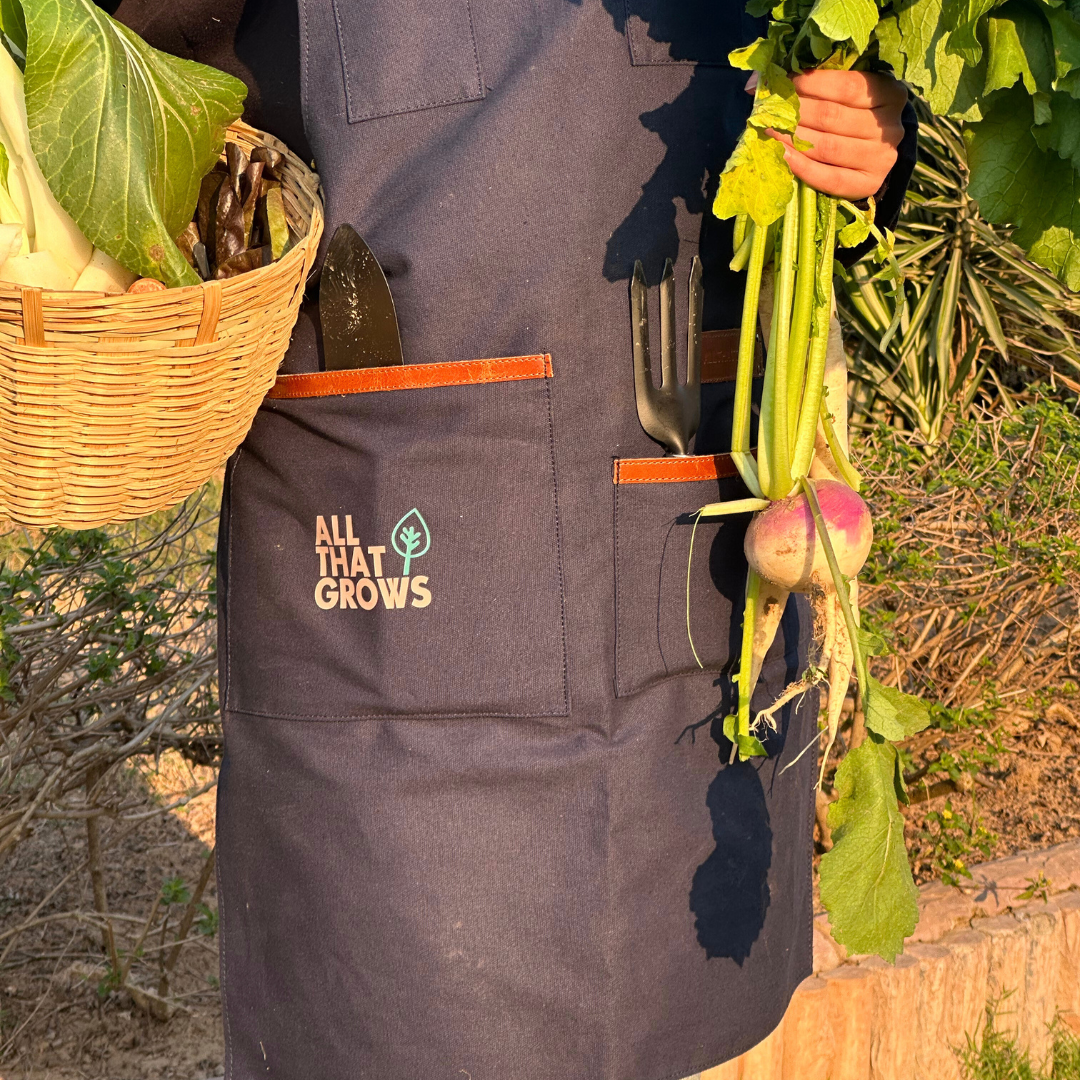

Leave a comment